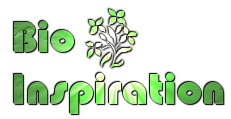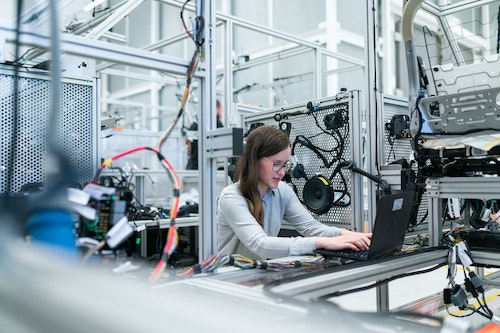Biological science technology, also known as biotechnology, is a rapidly growing and increasingly complex field of science that focuses on the use of living organisms to improve or modify products and processes. Biological science technology employs living organisms such as bacteria, yeasts, molds, and even plants or animals to develop or produce a desired result in a range of applications, such as medical treatments, agricultural production, environmental protection and bioremediation, food production, and even textiles.
Biotechnology is a combination of biological sciences, engineering principles, and information technology. It has been successfully used in Alzheimer’s disease treatments, genetic engineering, and regenerative medicine. As biotechnology continues to advance, the potential applications of technology increases, including treating disease, improving farming processes, reducing pollution, and bioprocessing of biofuels.
History of Biological Science Technology
Biological science technology has been used for centuries by humans to produce useful products, such as cheese, yogurt, and beer. Ancient cultures used weather and soil conditions to cultivate crops, and microbes to create food such as cheese, yogurt, and beer. These early inventions paved the way for modern biotechnology.
The emergence of recombinant DNA and molecular biology techniques in the mid to late 20th Century marked the beginning of a new era of biotechnology development. DNA discovery, gene cloning, and genetic manipulation of organisms enabled scientists to program and control biological processes, with important implications for medical diagnostics and treatments.
Medical Applications of Biotechnology
Biotechnology has made significant advances in the medical field. Pharmaceuticals, drugs, and vaccines are now being developed using biotechnological methods. From gene therapy, bio-printing and drug delivery using nanotechnology, biotechnology has revolutionized the medical field.
gene therapy is used to treat genetic defects, while bio-printing is being used to replace damaged organs and tissues. Drug delivery systems, such as Nanotechnology, allow drugs to be delivered directly to diseased cells and tissues, making the treatment more effective and less invasive.
Agricultural Applications of Biotechnology
Another key area of biotechnology is agricultural biotechnology. Advances in genetic engineering have enabled farmers to modify plants, giving them increased yields, improved nutrition and pesticide/herbicide resistance. This helps farmers produce more food on smaller plots of land, protecting fragile ecosystems from more intensive conventional farming.
Genetic engineering can also be used to produce transgenic crops, which are plants that have been genetically modified to express desirable traits such as drought resistance, disease resistance, or improved nutrition. Transgenic crops can boost food security in arid, nutrient-poor regions, helping to reduce poverty levels and malnutrition.
Environmental Biotechnology
Environmental biotechnology involves the use of living organisms or biological processes to clean up hazardous materials or polluted environments. This can include the use of bacteria and fungi to break down pollutants such as gasoline, oil, and pesticides. It can also include the use of artificial wetlands and constructed wetlands to filter pollutants from water.
Bioremediation is another form of environmental biotechnology. This involves the use of microorganisms to break down pollutants, such as oil spills, leaking underground tanks, industrial wastewater, and solid waste. Bioremediation can be used to clean up contaminated sites, restoring them to a healthy environment.
Conclusion
Biological science technology is a rapidly advancing field that is being used around the world to improve and modify products and processes in a range of applications. From medical treatments to agricultural production, and environmental protection to bioremediation, biotechnology is helping scientists to achieve desired results across a variety of industries. With continued technological advances, the potential applications of biological science technology are endless.

